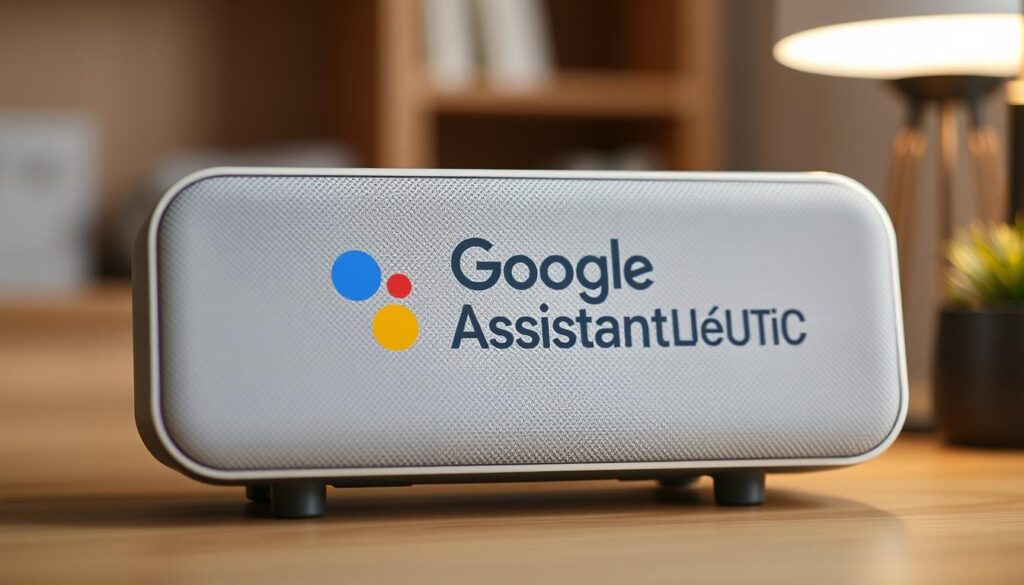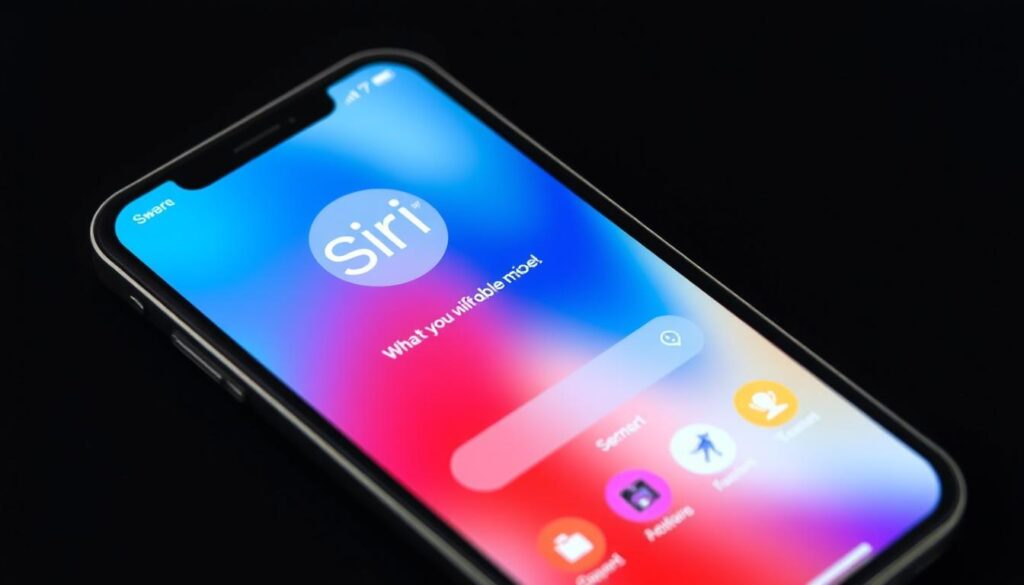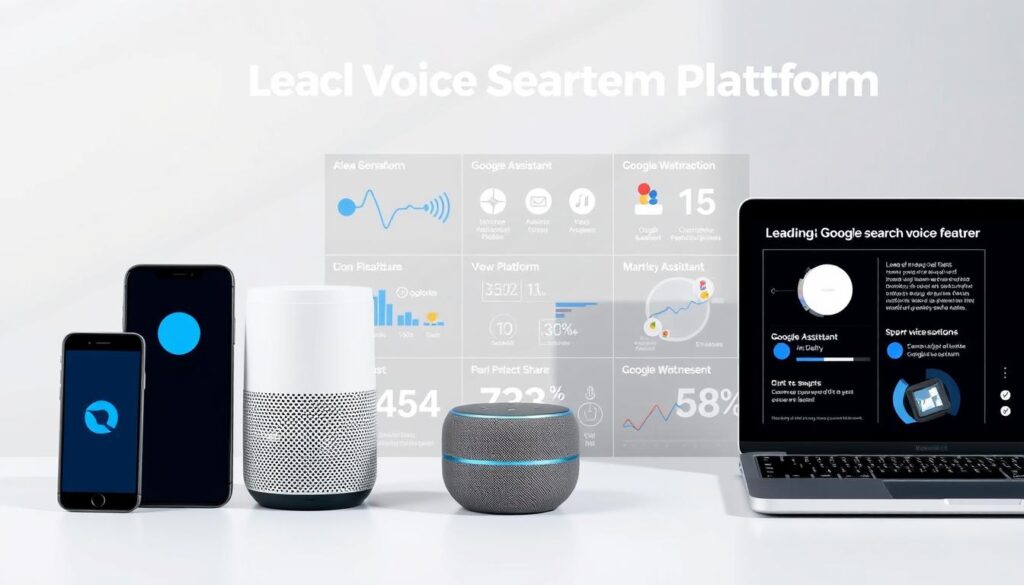The way we interact with our devices has undergone a significant transformation with the advent of voice search technology. This innovation has made retrieving information more intuitive and hands-free than ever before.
As we navigate through the numerous voice search options available, it’s essential to understand their unique features and capabilities. This comprehensive guide will explore the leading voice search platforms, comparing major players to help you determine which one best aligns with your needs.
By examining the strengths and limitations of each platform, you’ll be able to maximize their potential in your daily life or business operations.
Key Takeaways
- Understand the unique features and capabilities of various voice search platforms.
- Compare major voice search platforms like Google Assistant, Amazon Alexa, and Apple Siri.
- Determine the best voice search platform for your specific needs.
- Maximize the potential of voice search technology in your daily life or business.
- Make an informed decision based on the strengths and limitations of each platform.
The Rising Importance of Voice Search Technology
Voice search has become an integral part of our daily lives, transforming how we access information. This shift is driven by advancements in voice recognition technology and the proliferation of smart devices.
Evolution of Voice Search
Voice search technology has undergone significant evolution, transitioning from basic voice recognition to sophisticated natural language processing systems. These advancements enable voice search to understand context, accents, and conversational queries, making it more intuitive and user-friendly.
Key Statistics
The adoption of voice search is on the rise, with over 1 billion voice searches performed monthly. The smart speaker market, a major driver of voice search adoption, was valued at $6.4 billion in 2023 and is projected to grow at a rate of 32.5% over the next decade.
- Over half of US residents (58.6%) have tried voice search at least once.
- One in five people (21%) use voice search regularly.
- The convenience offered by voice search is driving its adoption among consumers.
Importance for Consumers and Businesses
For consumers, voice search offers unprecedented convenience, allowing hands-free information retrieval. For businesses, voice search is becoming a critical component of digital marketing strategies, as voice queries often lead to immediate actions with higher conversion rates than traditional text searches.
Google Assistant: The Most Comprehensive Voice Search Platform

With its advanced AI and vast search index, Google Assistant is redefining the voice search landscape. This comprehensive platform offers a wide range of features and capabilities that make it an ideal choice for many users.
Compatible Devices and Ecosystem
Google Assistant boasts exceptional device compatibility, working seamlessly across Android phones, Google Home smart speakers, smart displays, Chromebooks, Wear OS watches, and even iOS devices through the Google Assistant app. This extensive compatibility makes it a versatile voice search platform that can be used across various devices.
Key Features and Capabilities
Google Assistant excels at understanding natural language and context, allowing for conversational interactions where the assistant remembers previous queries to maintain coherent dialogues. Its integration with Google’s ecosystem provides unmatched access to services like Gmail, Google Calendar, Maps, YouTube, and Google’s Knowledge Graph.
Strengths and Limitations
While Google Assistant offers industry-leading search capabilities and third-party integrations, some users may have privacy concerns regarding Google’s data collection practices and advertising model. However, its strengths in smart home control and productivity tools make it a valuable choice for many.
Ideal Users and Use Cases
The platform is ideal for users who prioritize accurate information retrieval, smart home control (supporting over 50,000 compatible devices), and seamless integration with Google’s suite of productivity tools. Whether you’re invested in Google’s ecosystem or seeking a robust voice search solution, Google Assistant is a top contender among voice search platforms.
Amazon Alexa: The Smart Home Voice Search Leader

With its vast ecosystem of compatible devices, Amazon Alexa stands out as a dominant force in the smart home market. Amazon Alexa is a leading voice assistant that powers Amazon’s Echo line of smart speakers and other devices, making it a household name.
Compatible Devices and Ecosystem
Amazon Alexa has established itself as the dominant force in the smart home ecosystem, with the widest range of first-party devices including the Echo, Echo Dot, Echo Show, and Fire TV products. This extensive range of devices allows users to seamlessly integrate Alexa into their daily lives.
Key Features and Capabilities
The platform’s standout feature is its extensive library of over 100,000 “Skills” (third-party applications) that extend functionality from ordering pizza to controlling smart home devices, playing games, or accessing news briefings. Alexa excels at e-commerce integration, allowing seamless shopping on Amazon with simple voice commands and providing order tracking, recommendations, and exclusive deals for Prime members.
Strengths and Limitations
While Alexa offers exceptional smart home control capabilities, its web search functionality isn’t as robust as Google Assistant, sometimes struggling with complex informational queries. However, its strengths in smart home control and e-commerce integration make it a top choice for many users.
Ideal Users and Use Cases
The platform is ideal for Amazon Prime members, smart home enthusiasts, and consumers who value a vast ecosystem of compatible devices and services. Customer surveys indicate that Alexa users particularly appreciate the ability to multitask, get quick answers, and simplify daily routines, with 65% saying they can’t imagine returning to life without their smart speaker.
Apple Siri: The iOS-Integrated Voice Search Solution

Apple Siri’s deep integration with Apple’s native apps and services makes it an ideal voice search solution for Apple enthusiasts. As a pioneer in mainstream voice assistant technology, Siri continues to offer a sophisticated and intuitive user experience across various Apple devices.
Integration Across Devices
Siri is deeply integrated across the entire Apple ecosystem, including iPhones, iPads, Macs, Apple Watch, AirPods, HomePod, and Apple TV. This seamless integration allows users to interact with Siri effortlessly, whether they’re sending messages, making calls, or controlling their smart home devices.
Key Features and Capabilities
Siri offers a range of features that make it a powerful voice search platform. It excels at tasks like setting reminders, controlling Apple Music, and managing HomeKit-compatible smart home devices. Siri’s ability to understand natural language and respond accordingly makes it a convenient tool for users.
Strengths and Limitations
One of Siri’s significant advantages is Apple’s commitment to privacy. With on-device processing for many commands and stringent data protection policies, Siri ensures that user data is protected. However, Siri’s limited third-party integrations compared to Google Assistant and Alexa can be a drawback. Additionally, Siri sometimes struggles with complex queries or understanding certain accents.
Ideal Users and Use Cases
Siri is the ideal voice search platform for dedicated Apple users who value privacy, seamless ecosystem integration, and a refined user experience across their multiple Apple devices. Whether you’re deeply invested in the Apple ecosystem or looking for a voice assistant that understands you, Siri is a compelling choice.
Microsoft Cortana: The Windows-Centric Voice Search Option

Cortana, Microsoft’s voice search solution, has evolved to focus on enhancing productivity for professionals and businesses within the Windows ecosystem. Originally designed as a comprehensive voice assistant, Cortana now primarily targets enterprise applications.
Productivity Features
Cortana integrates deeply with Microsoft’s productivity suite, including Outlook, Teams, Office 365, and LinkedIn. This integration makes it particularly valuable for business users and professionals who rely on these tools for daily operations.
Key Strengths
The platform excels at calendar management, email organization, meeting scheduling, and document creation within the Microsoft ecosystem. Cortana’s ability to leverage Microsoft’s enterprise expertise makes it a powerful tool for businesses.
Ideal Users
Cortana is ideal for Windows power users, business professionals, and organizations heavily invested in the Microsoft ecosystem. These users prioritize productivity features over smart home control or entertainment functions.
Samsung Bixby: The Galaxy-Optimized Voice Search Tool

As a voice assistant deeply embedded in Samsung devices, Bixby offers a unique approach to voice search and device control. It is designed to provide users with a more intuitive and personalized experience across their Samsung ecosystem.
Device Compatibility and Ecosystem
Samsung Bixby is intricately linked with Samsung’s Galaxy range, including smartphones, tablets, smart TVs, and various smart appliances. This deep integration enables users to control nearly any feature or setting on their Samsung device using voice commands.
Key Features and Capabilities
Bixby’s standout feature is its ability to offer deep device control through voice commands. Additionally, Bixby Routines allow for sophisticated automation based on time, location, or events, creating a personalized experience. Bixby Vision provides unique visual search capabilities, enabling users to identify objects, translate text, or shop for products by simply pointing their camera.
Strengths and Limitations
Bixby excels in its integration with Samsung devices and smart home control through Samsung SmartThings. However, its third-party app support and general knowledge capabilities are not as robust as competitors like Google Assistant and Alexa.
Ideal Users and Use Cases
Bixby is ideal for dedicated Samsung users with multiple Galaxy devices and smart appliances. It prioritizes deep hardware integration and device control, making it perfect for those seeking a seamless experience within the Samsung ecosystem.
How to Choose the Right Voice Search Platform for Your Needs
The process of picking the best voice search platform involves evaluating various aspects of your digital ecosystem. With the rise of voice search technology, it’s essential to understand the strengths and weaknesses of each platform to make an informed decision.
Assessing Your Device Ecosystem
The first step in selecting the right voice search platform is evaluating your existing device ecosystem. Each assistant works best within its native environment—Google Assistant for Android users, Siri for Apple devotees, Alexa for Amazon Prime members, and Bixby for Samsung enthusiasts. Consider the devices you use daily and choose a voice search platform that integrates well with them.
Considering Your Primary Use Cases
Consider your primary use cases carefully. If you’re focused on smart home control, Alexa offers the most extensive device compatibility. For accurate information retrieval, Google Assistant excels. For productivity and business integration, Cortana may be preferable. Understanding your primary needs will help you narrow down the options.
Evaluating Privacy and Security Features
Privacy and security are critical factors when choosing a voice search platform. For privacy-conscious users, Siri offers strong data protection. Evaluate the privacy policies and security features of each platform to ensure they align with your expectations.
Testing Voice Recognition Accuracy
Testing voice recognition accuracy across different platforms with your specific accent, speech patterns, and commonly used terminology can reveal which assistant understands you most consistently. This is a critical factor for daily usability. 
By considering these factors and testing the voice search platforms, you can make an informed decision that suits your needs and enhances your overall experience.
Conclusion: The Future of Voice Search Platforms
Voice search platforms are on the cusp of a revolution, driven by AI advancements. The future of voice search is marked by several key trends.
One of the most significant is the shift toward multimodal interactions, combining voice with visual elements and gestures to create more intuitive user experiences. Voice commerce is also expected to grow exponentially, becoming a $45 billion channel by 2028, and making voice search optimization crucial for digital marketing strategies.
For businesses, staying ahead means creating content that answers specific questions and incorporates conversational keywords. As voice search becomes more integrated into daily life, platforms offering seamless cross-device experiences and strong privacy protections will emerge as leaders.
Google Assistant and Alexa are currently leading the market, with Google Assistant maintaining its search dominance and Alexa excelling in smart home integration. The most successful voice search strategies will focus on understanding user intent and optimizing for local search queries.
